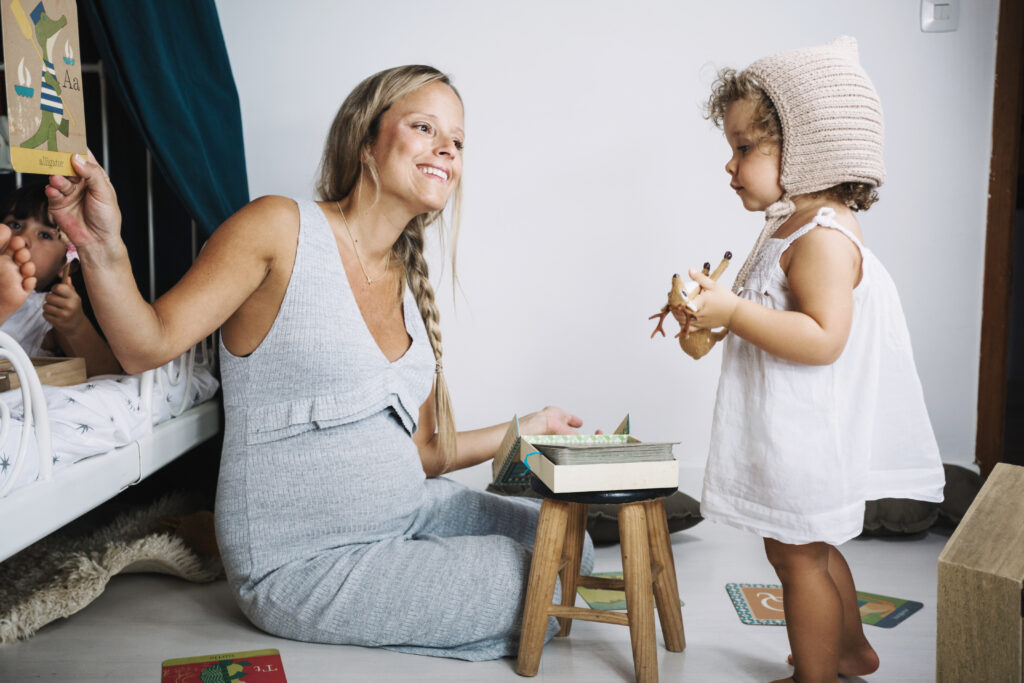Confidence is a key component of every child’s successful development. Children who believe in their own abilities are more likely to handle difficulties, take risks, and build healthy relationships. One of the most effective ways to build confidence in children is through positive parenting. Positive parenting focuses on encouraging good qualities, providing support in challenging moments, and creating opportunities for growth, rather than relying on punishment or criticism. In this article, we will explore how, through a positive approach, we can build self-esteem and confidence in our children.
1. Provide Unconditional Love and Support
The foundation of confidence is the feeling of security and love. When a child knows that they are loved regardless of their behavior or achievements, they will have greater self-assurance. Unconditional love strengthens the emotional stability of the child and gives them the sense that they are valued and accepted for who they are. When a child feels your support, even when they make mistakes, it helps them become more confident in themselves.
2. Praise Effort, Not Just Results
Parents often focus on the end result – whether the child has won a prize or achieved excellent grades. However, it is much more important to praise the child’s effort. When you encourage them for trying, regardless of the outcome, they learn that the process itself matters and that their efforts are valuable. This leads to building internal self-esteem and confidence, as the child knows their hard work is recognized.
3. Encourage Independence
One way to build confidence in children is by giving them the opportunity to be independent. Allowing them to make decisions, choose, and take responsibility for their actions helps them develop a sense of self-respect and self-assurance. Even small tasks like choosing clothes or caring for a pet can help them feel competent and confident. When the child sees that they can handle tasks, they begin to believe in their abilities.
4. Encourage Problem-Solving
Building confidence in children also involves teaching them how to handle difficulties. Instead of solving their problems for them, encourage them to look for solutions. When they face a challenge, help them analyze the situation and think of possible ways to resolve it. This approach will give them confidence that they can handle the obstacles that come their way. Actively participating in problem-solving helps the child believe that they can overcome any difficulty in life.
5. Support Emotional Expression
Children often feel insecure when they don’t know how to express their emotions. Positive parenting involves actively listening and providing support when the child expresses their feelings. Help them understand and manage their emotions by showing that all feelings – joy, sadness, anger, fear – are normal and important. This will help the child feel more secure in themselves and develop emotional intelligence, which is the foundation of confidence.
6. Be a Role Model
Children learn by observation. If you want your child to be confident, you must be confident yourself. Show them how to handle difficulties, take responsibility, and express themselves positively. When the child sees you managing stress and challenges with confidence, they will learn to apply the same principles in their own lives.
7. Acknowledge and Accept Mistakes
Mistakes are part of the learning and growth process. Instead of punishing the child for making mistakes, use them as an opportunity to learn. Encourage the child to acknowledge their mistakes and learn from them, rather than feeling ashamed or discouraged. When the child sees that mistakes do not lead to negative consequences but are part of the learning process, they will develop confidence in their ability to adapt and grow.

Positive parenting is a powerful tool for building confidence in children. By providing support, encouraging independence, teaching them to face challenges, and helping them express their emotions, we can help our children develop a strong foundation for a confident and happy future. Confident children are not only more successful but are also better equipped to deal with life’s challenges. It is important to be patient and consistent, showing the child that their value and abilities do not depend on external success, but on the internal confidence they develop with our support.
